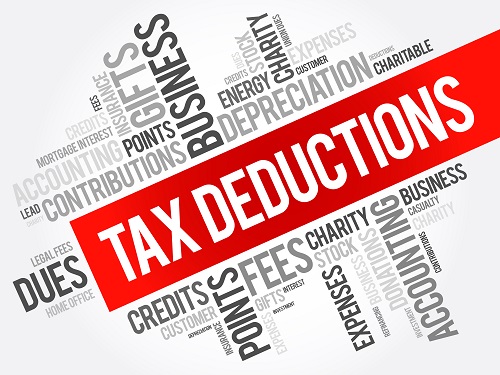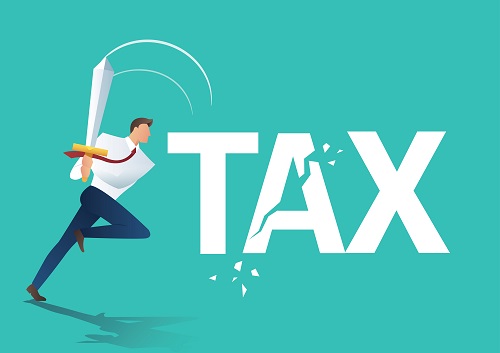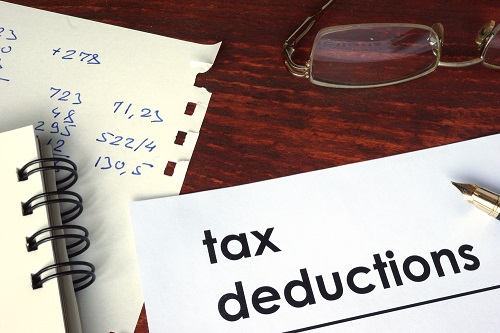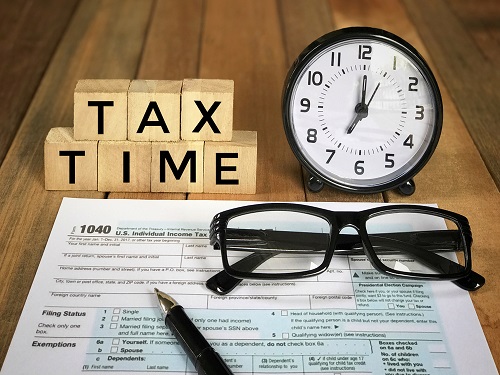Which Details are Required in Advance Tax Payment?
Challan No. ITNS 280 should be duly filled on the prescribed due dates when the advance tax payment will be made. The details needed are:
PAN Details: Mention the correct PAN information to avoid depositing the tax in someone else’s name.
Assessment Year: Choose the assessment year correctly for the advance tax payment since it is to be updated for the next financial year.
Choose the type of payment: Select the payment type carefully. For instance, for advance tax, the tax will be paid for the same financial year as per the estimated income, and if it is paid after the end of the financial year, it is known as self-assessment tax.
Once the payment has been made, the Challan Identification Number (CIN), which is proof of the payment, will be provided so that you can use it while filing your income tax returns. And just to be cautious, check again if the Income Tax Department has received the payment through ITNS 280.

 FOR EXISTING POLICY
FOR EXISTING POLICY  1860 266 9966
1860 266 9966
 FOR NEW POLICY
FOR NEW POLICY 












